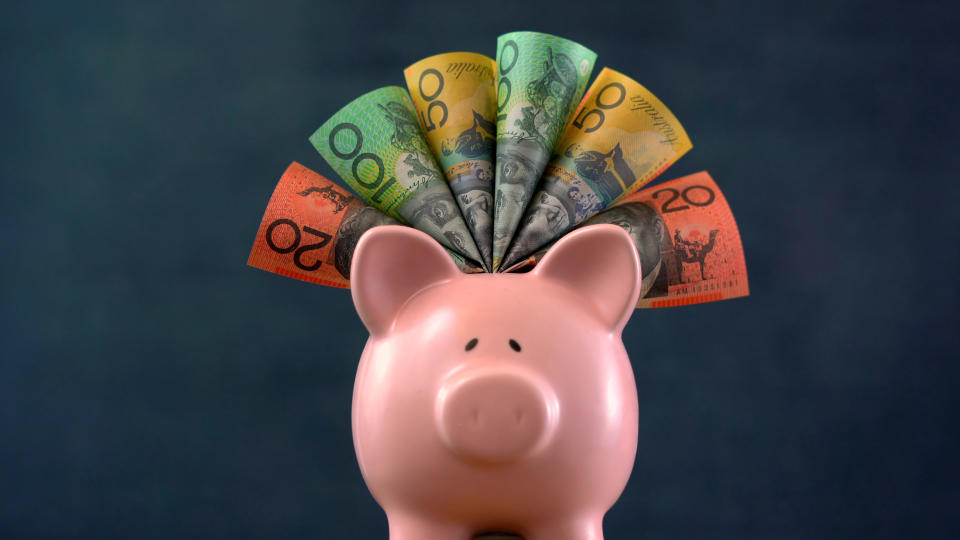Super balances lose 9 months of gains: What Australians need to know

Australia’s share market bloodbath has left Australians rattled, after it shed an incredible $235 billion in days before recovering slightly on Tuesday.
No thanks: Qantas chief rejects his own salary as coronavirus cripples airline
Rescue package: PM clings to budget amid coronavirus crisis
And even Australians who don’t invest outside of superannuation are affected, with the average balanced superannuation option expected to return -5.5 per cent from 1 January – and this is before the recent volatility is even factored in.
“This shows the benefit of diversification,” SuperRatings CEO Kirby Rappell told Yahoo Finance.
“For most people, [their funds have] about 50 per cent allocation to equities.”
That means super funds have given up the gains seen since around May and June last year, he added.
However, volatility – while stressful – is normal, he said, noting that historically, those who react quickly to volatility rather than taking a longer-term view end up paying through the teeth.
“If markets do rebound, you are likely to miss out on the benefits,” Rappell said. “For older members, it often feels more tangible as they approach retirement.”
But on the flip-side, older Australians will likely have their super investing in a more conservative manner, meaning their balances should have been relatively protected against the correction.
“To reach retirement goals, you need some exposure to shares and shouldn’t get caught up in short term noise,” Rappell continued.
“It is all about a long-term plan and having the confidence to stick with it.”
For Australians between 20 and 40 years’ old, they have another 30-50 years of investment ahead, the CEO said, reminding this age group to avoid getting “too caught up in short-term market movements”.
“Over the past 10 years, we have seen events including SARS, MERS, Swine Flu and Ebola. Markets have worked well and delivered good returns to members.”
AMP Capital Chief economist Shane Oliver echoed Rappell, advising Australians “turn down the noise”.
‘Barefoot Investor’ weighs in: Fees a bigger threat

Barefoot Investor author Scott Pape told CHOICE that these rapid falls aren’t reason alone to change super funds, but can be a good reminder to consider our risk tolerance.
“It should be about making sure you have the appropriate risk for your age and your risk tolerance," he said.
And, he added, anyone under 40 should be “cheering the market going down”.
That’s because the stock market is effectively on sale, and history has shown the stock market will always go up.
Rather than making quick decisions, the financial guru also suggested Australians consider how much they’re paying in fees.
He said even a seemingly small difference in fees, like 0.5 percentage points, can see the average full-time worker lose a whopping $100,000 from their super over their working life.
Super sleuths should look for funds with total fees of less than 1 per cent, he said, describing fees as the “one thing you can control”.
Make your money work with Yahoo Finance’s daily newsletter. Sign up here and stay on top of the latest money, news and tech news.
Follow Yahoo Finance Australia on Facebook, Twitter, Instagram and LinkedIn.

 Yahoo Finance
Yahoo Finance 
